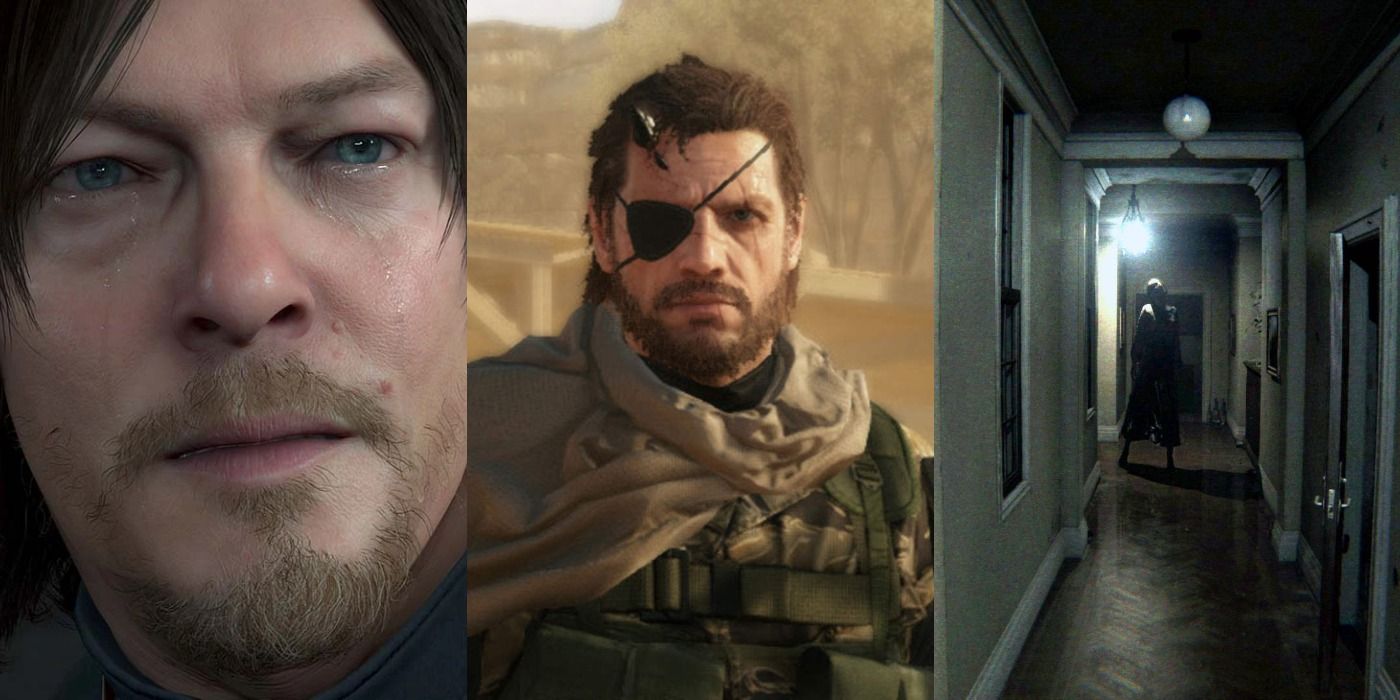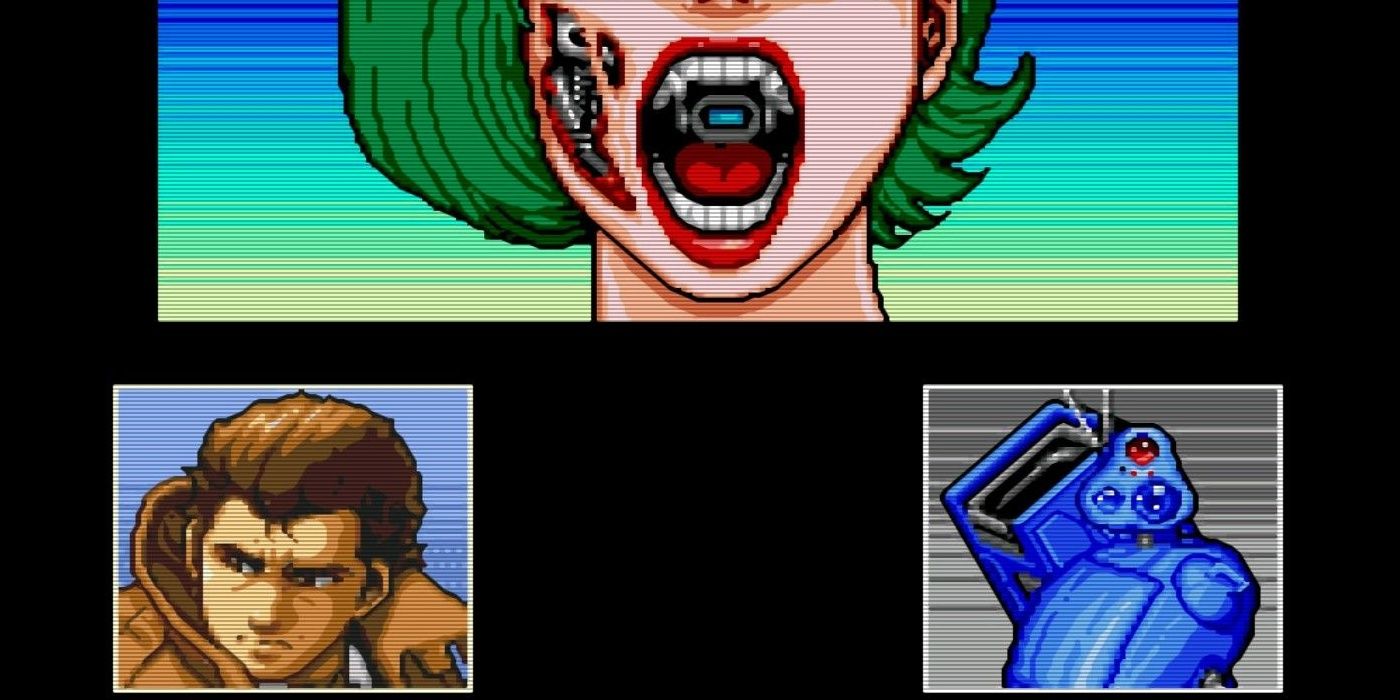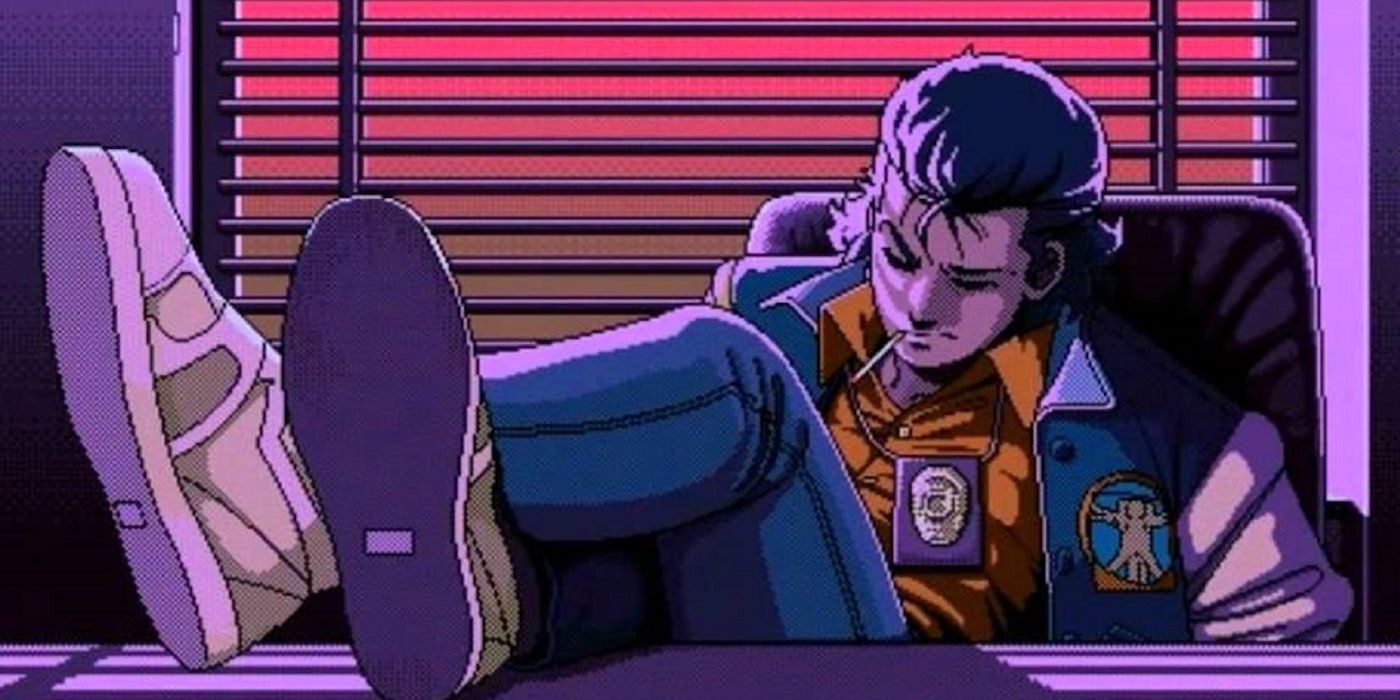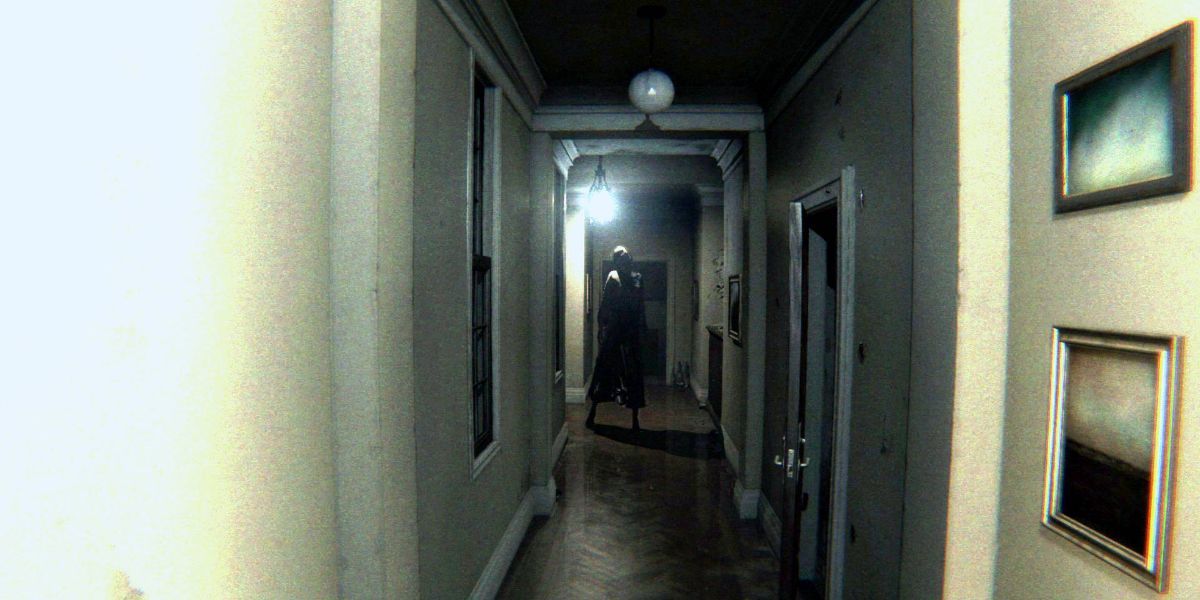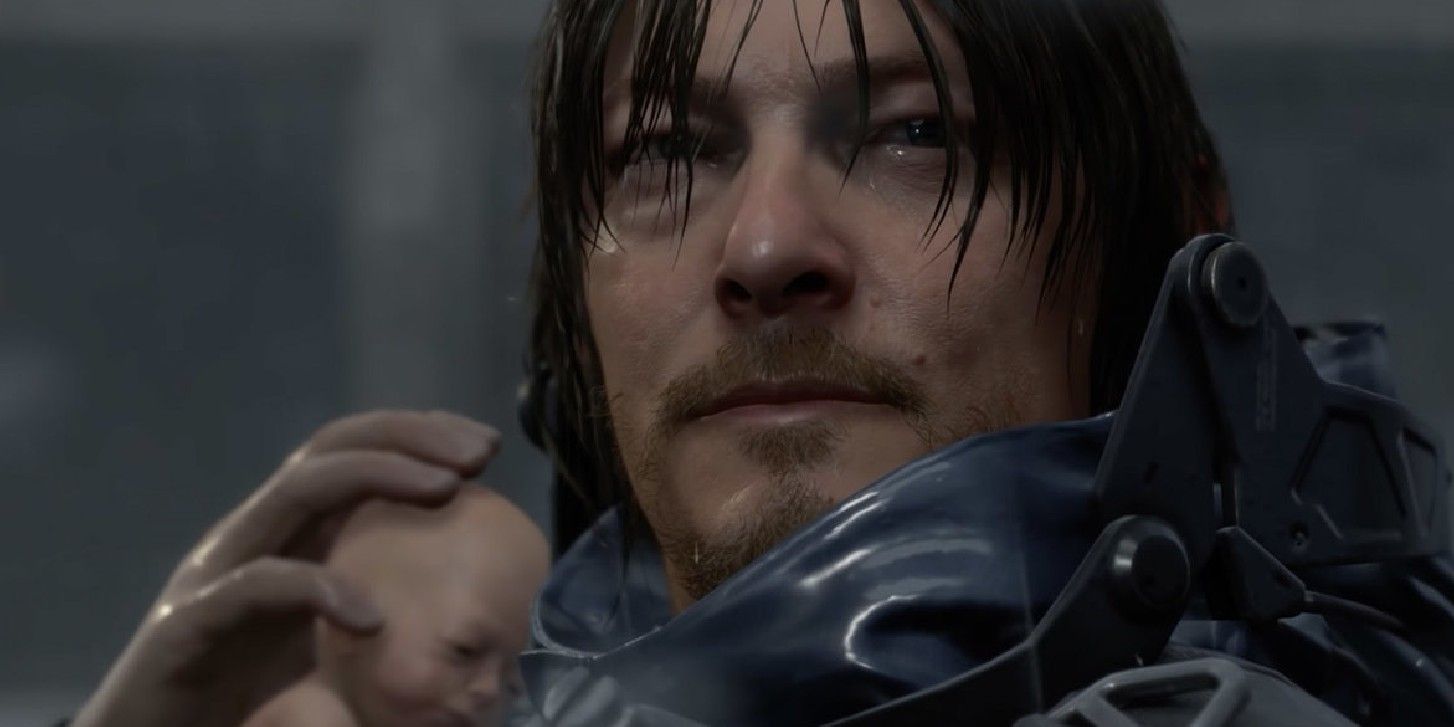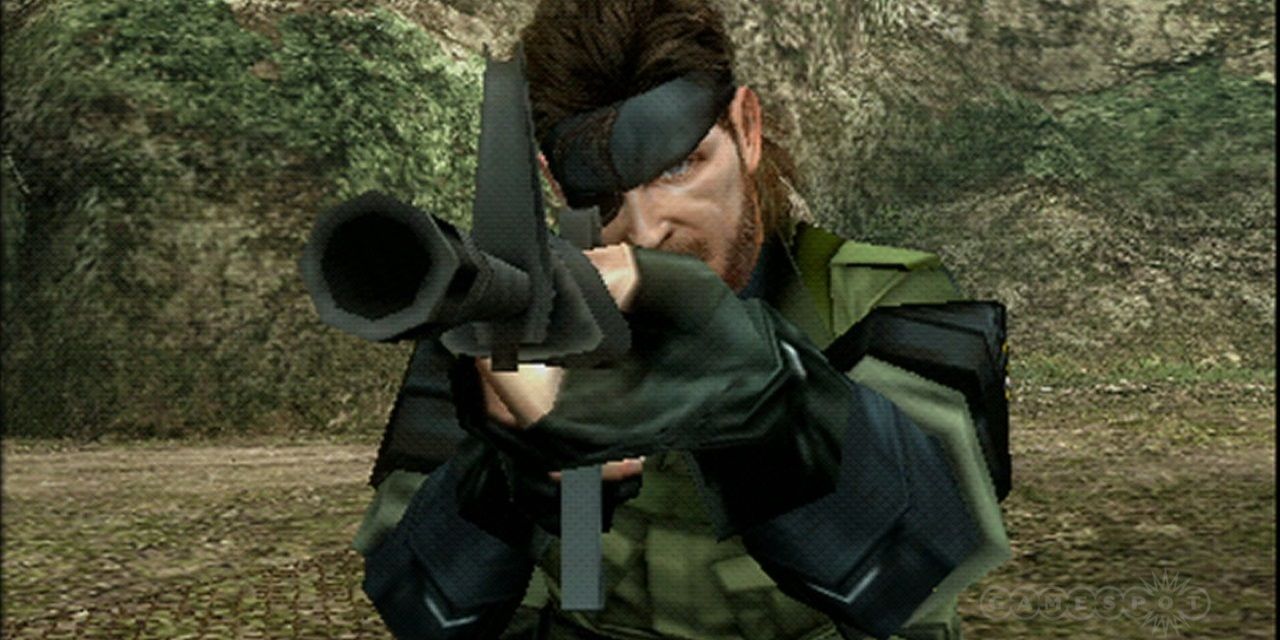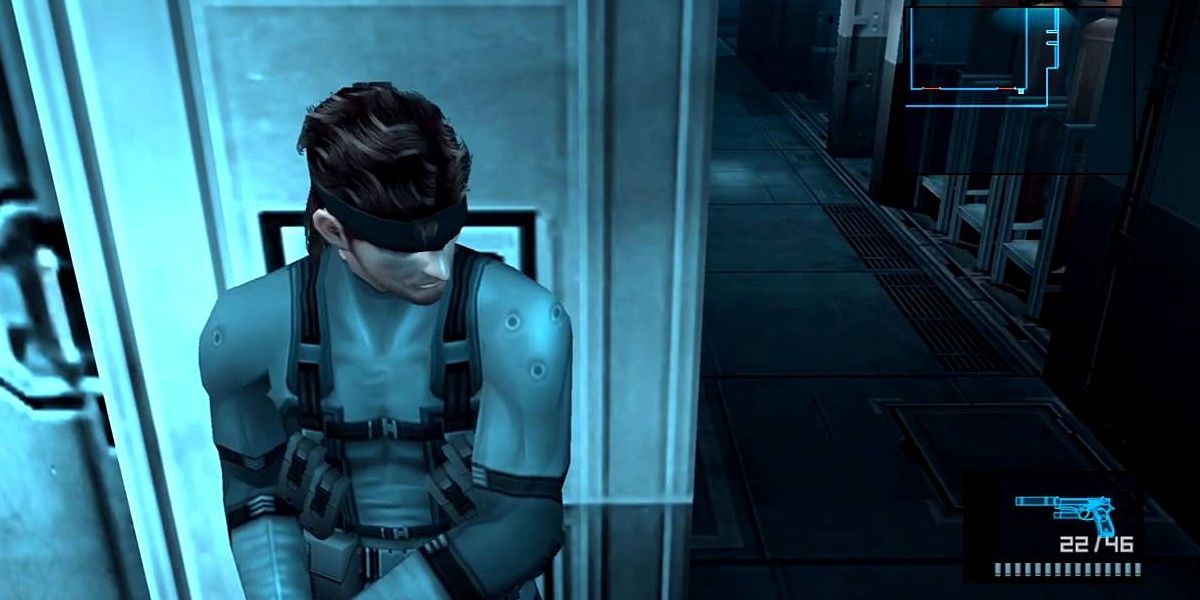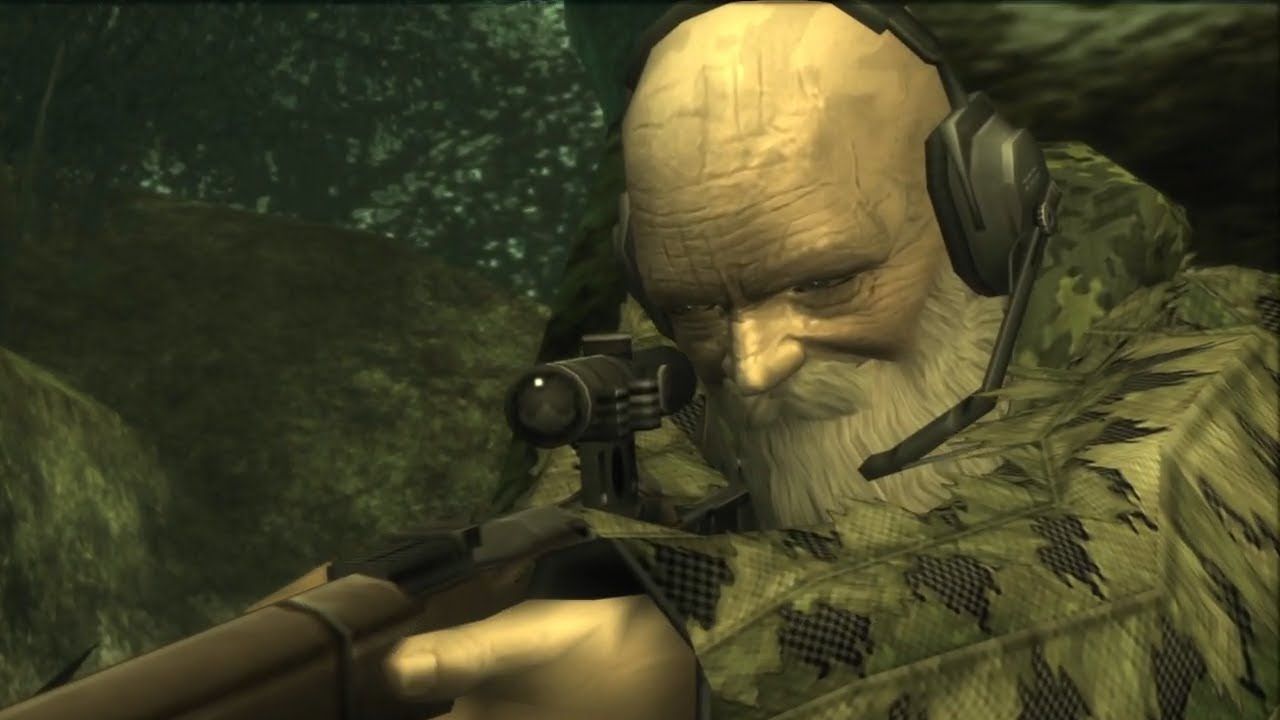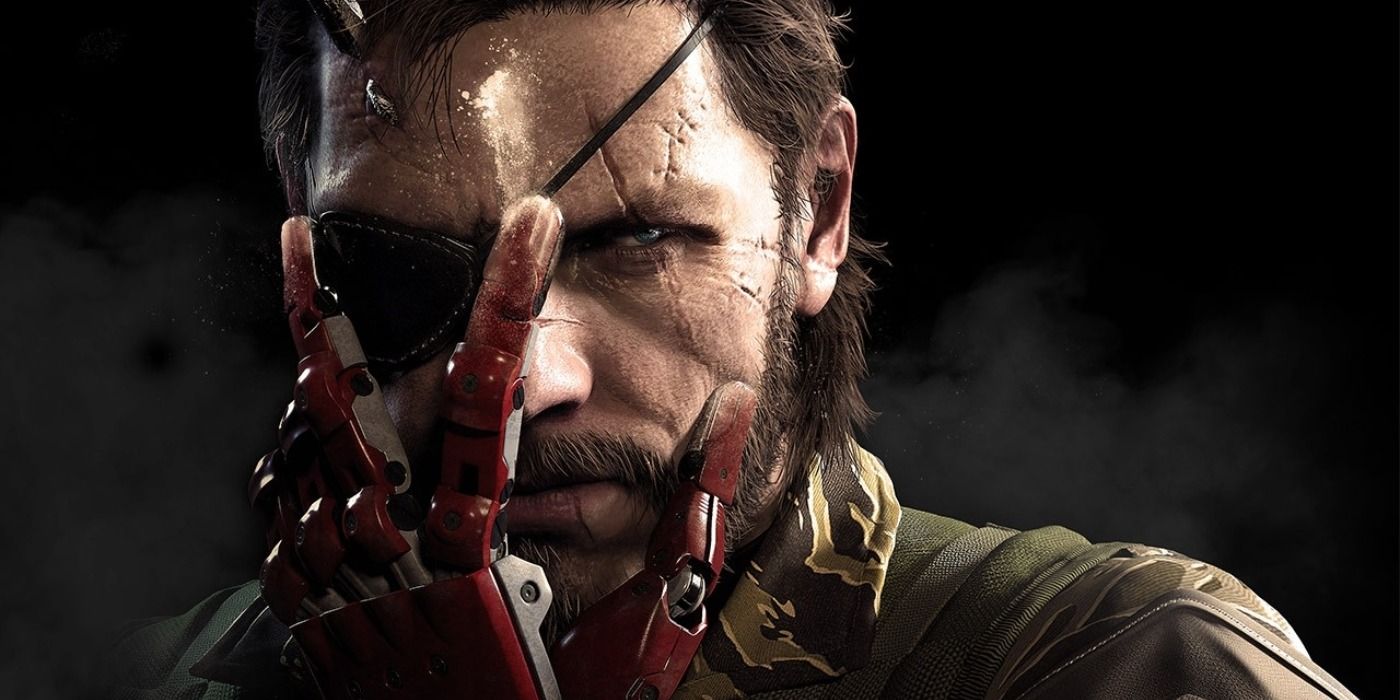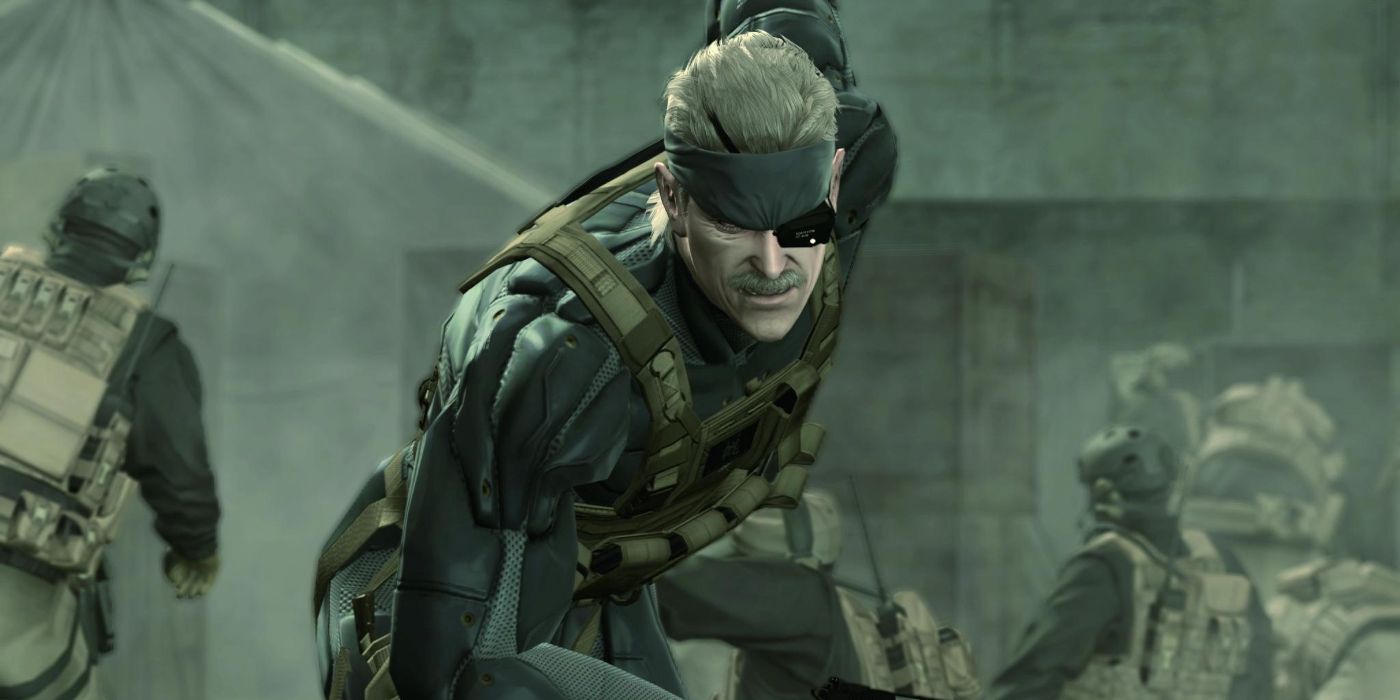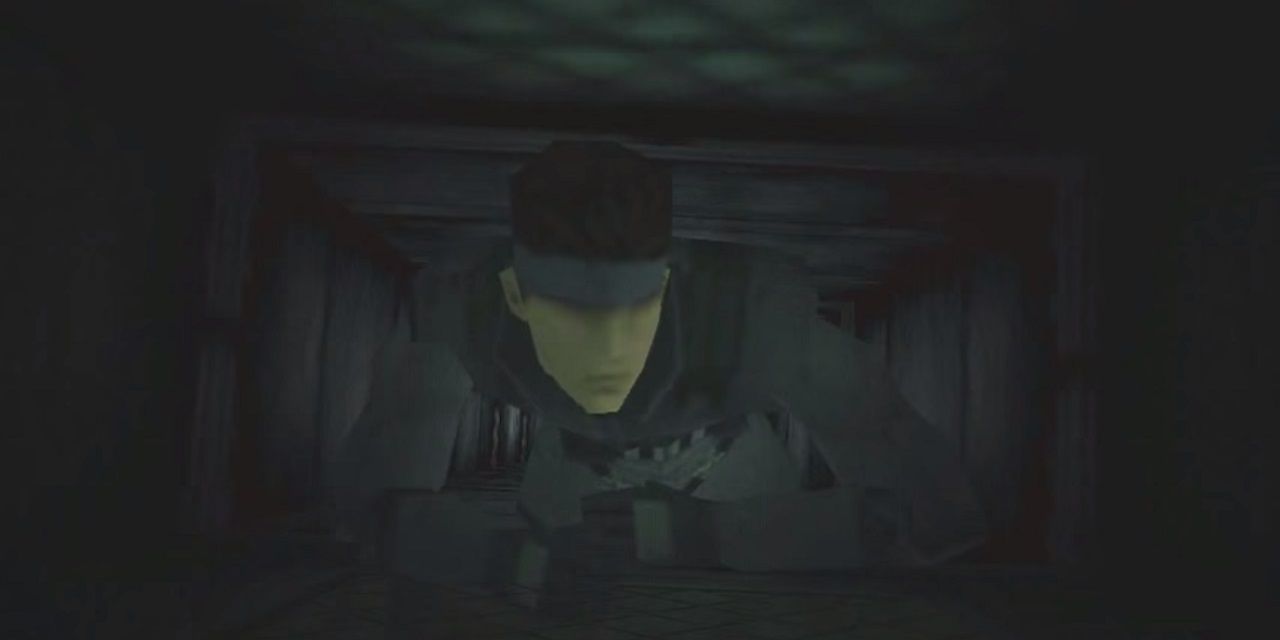After the success of 2019's Death Stranding, Hideo Kojima is hard at work on his studio's exciting next AAA title. The highly regarded Japanese game designer is known for his unique and inventive style. After being with Konami for almost 30 years and working on around 40 games, they split and Kojima has established his independent game studio, Kojima Productions.
Whether it's unorthodox gameplay and mechanics or sprawling narratives, Kojima's games don't fail to impress and enthrall gamers across generations. With old-school titles like Policenauts and epic franchises like the Metal Gear series, it's interesting to see which of Kojima's games have received the highest praise.
Snatcher (1988)
Heavily inspired by the movie Blade Runner, Snatcher is a Kojima game released for the PC-88 and MSX2 in 1988. Set in a futuristic world, the game is about fighting against humanoid robots who are killing humans and taking their place in the world.
Fans of Kojima felt that Snatcher was one of the more polished games that the auteur has released in terms of narrative. However, there was a lot left to be desired when it came to the menu-based gameplay, as well as its linear and restrictive story progression.
Policenauts (1994)
Kojima's Policenauts is considered one of the most interactive and best visual novels in gaming history. In the science-fiction title, gamers assume the role of Jonathan Ingram, an astronaut stuck in cryosleep found drifting in space after a terrible accident. The main story of the game revolves around the protagonist's investigation of his ex-wife's murder.
Upon its release, Policenauts was given praise for its voice acting, unique art style, and overall presentation. But, the game also received its fair share of criticism about its sexual humor, limited skip options, and sluggish pace.
P.T. (2014)
Kojima, alongside celebrated horror filmmaker Guillermo del Toro, was supposed to direct the ninth main installment in the Silent Hill series. However, the game was shortly canceled after Kojima's exit from Konami in 2015.
Before the game's cancelation, fans received P.T., or "playable teaser," which was a short, interactive sneak peek of the much-awaited Silent Hill title. Despite being a short teaser, critics and gamers thoroughly enjoyed P.T.'s visuals, sound design, and immersive atmosphere — so much so that it has been downloaded over a million times before Konami removed it from the PlayStation store.
Death Stranding (2019)
Death Stranding is Kojima's first game after departing from Konami. There was a lot of hype surrounding the game, especially since it also involved Kojima's previous collaborator del Toro. Moreover, the game also featured a powerhouse cast that included Norman Reedus, Mad Mikkelsen, and Léa Seydoux, as well as other surprising celebrity cameos.
The game was well-received for its soundtrack, expansive world, and distinct concept. Players loved how Death Stranding offered a meaningful gaming experience. Nonetheless, there were still plenty of negative but fair reviews of the game that criticized its bloated narrative and drab missions.
Metal Gear Solid: Peace Walker (2010)
Specifically made for the PlayStation Portable, Metal Gear Solid: Peace Walker follows Big Boss as he takes charge of a mercenary unit in Costa Rica. The main reason why the game was first designed for the PlayStation Portable was due to the cooperative multiplayer feature that was exclusive to the handheld console.
Metal Gear Solid: Peace Walker received extremely favorable reviews with many reviewers saying that it had some of the best storytelling abilities in the whole series and that it took the best bits of its predecessors and made them better. Having said that, the game failed to reach the commercial success of other games in the franchise due to the waning popularity of the PlayStation Portable.
Metal Gear Solid 2: Sons Of Liberty (2001)
Kojima's fans were expecting a lot from Metal Gear Solid 2 since it was a direct sequel to the original Metal Gear Solid game. Thankfully, it managed to live up to its high expectations by featuring detailed graphics and improving the stealth gameplay of its predecessors.
At the time of its release, critics noted that the game felt a little ambitious as it explored themes such as censorship, artificial intelligence, historical revisionism, existentialism, and social engineering. That said, touching on unique themes and concepts did help the game become more culturally and socially relevant more than a decade after its release.
Metal Gear Solid 3: Snake Eater (2004)
As the prequel to the entire Metal Gear franchise, Metal Gear Solid 3 established the origins of Naked Snake, also known as Big Boss in the succeeding games. The game is set 31 years before the first events of the first Metal Gear title and features a Soviet jungle setting, which is far from the industrial environment found in more recent Metal Gear entries.
Despite the change in environment, Metal Gear Solid 3: Snake Eater was still focused on infiltration and espionage. The game has also been warmly accepted by fans of the franchise due to its solid story, memorable dialogue, and an emotionally-rewarding final boss battle.
Metal Gear Solid V: The Phantom Pain (2015)
The last game in the franchise where Kojima was involved, Metal Gear Solid V: The Phantom Pain focuses the story on Punished "Venom" Snake. The game is set nine years after Metal Gear Solid V: Ground Zeroes, which was a prologue game that followed Big Boss.
Metal Gear Solid V: The Phantom Pain was met with universal acclaim upon its release. Both critics and gamers enjoyed the game's open-world design, variety in gameplay, cast performances, and enhanced player freedom. In fact, some critics even said that the level of voice acting and cinematography in the game is on the same level as blockbuster movies and high-budget television shows.
Metal Gear Solid 4: Guns Of The Patriots (2008)
An aged Solid Snake seeks to off his nemesis in Metal Gear Solid 4: Guns of The Patriots. Fans of the franchise were taken aback by the sixth Metal Gear Solid game directed by Kojima as it changed some game aspects they found distinctive of games in the series. In Metal Gear Solid 4: Guns of The Patriots, the camouflage system, replayable gameplay, and control scheme have been revamped.
The changes steered the series in the right direction. Game publications and critics applauded Metal Gear Solid 4: Guns of The Patriots for its dynamic cutscenes, moving narrative, and innovative gameplay.
Metal Gear Solid (1998)
Nothing beats the original Metal Gear Solid game. Released in 1998, Metal Gear Solid has shown the world the brilliant inner workings of Kojima's brain. Players assume the role of Solid Snake, a soldier on a mission to thwart a terrorist organization's plan to launch a nuclear strike.
The plot seems ludicrous at first, but the game gets more complex as the player progresses. Metal Gear Solid's cinematic cutscenes, stunning graphics, and genre-defying gameplay have cemented it as one of the best games ever.

